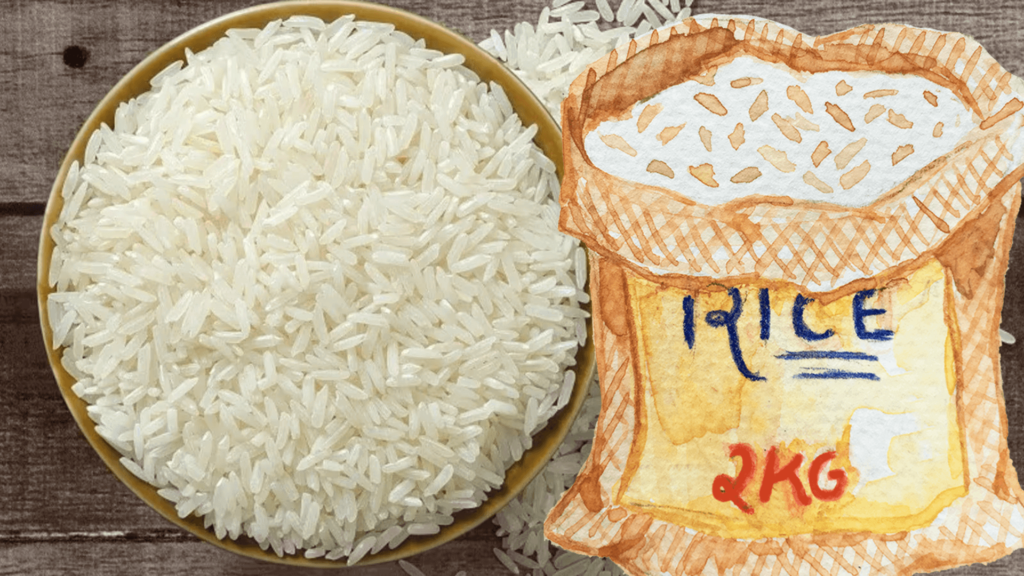Rice exporters have requested the Indian government to institute a fixed export duty of USD 80 per tonne for parboiled rice, replacing the existing 20 percent duty. The Indian Rice Exporters Federation (IREF) has also urged the government to reconsider the ban on white rice exports, imposed in July, and to reduce the minimum export price for basmati rice from USD 1,200 per tonne to USD 850 per tonne. These changes are being sought to mitigate negative impacts on both export volumes and farmers.

The government had recently extended the 20 percent duty on parboiled rice exports until March 24. IREF’s national president, Prem Garg, stated that they were requesting the government to replace the current percentage-based export duty with a fixed fee of USD 80 per tonne. This change, he explained, would eliminate ambiguity and invoicing complications in the rice trade.
Furthermore, the federation desires to engage in a dialogue with the government regarding the ban on white rice. They anticipate that the government will release a notification proposing a minimum export price of USD 850 per tonne for basmati rice.
Garg emphasized that export restrictions have led to a 30 percent increase in rice prices in the international market, benefiting competing rice-exporting nations like Pakistan and Thailand. India, the world’s largest rice exporter, accounts for around 46 percent of total rice exports, which amounts to approximately 22 million tonnes annually. However, only 6.9 million tonnes have been exported so far, with 5 million tonnes being basmati rice and the remainder comprising white and parboiled rice.
IREF expressed concerns that continued government restrictions could impact export volumes in the current year. Garg also highlighted the pressure faced by farmers due to reduced demand from exporters, and the Bharatiya Kisan Sangh criticized the timing of the export ban announcement, stating that it sends a negative signal to farmers during the current planting season.
IREF, a newly formed organization with 4,000 members, played a pivotal role in resolving the issue with the government by facilitating the clearance of 90,000 tonnes of white rice in transit to export destinations. These shipments had been previously held up at various ports.